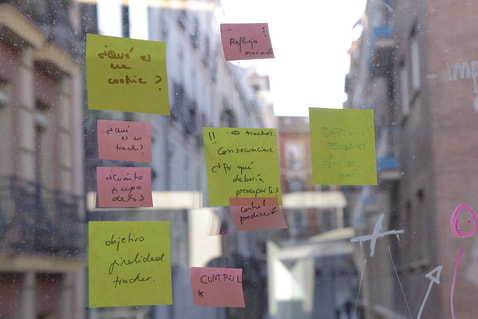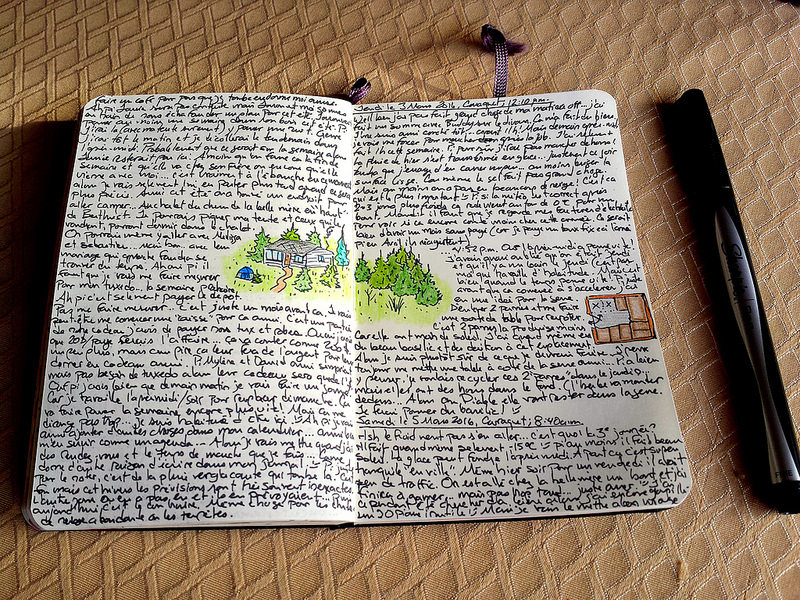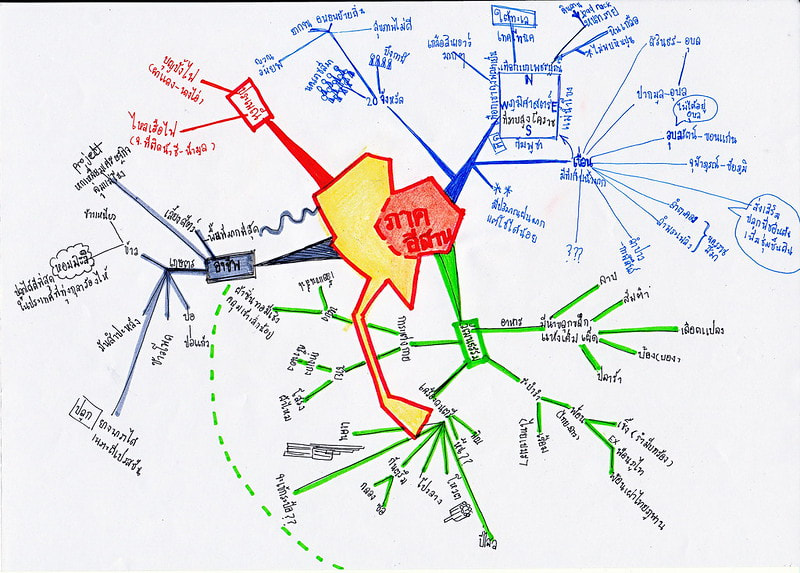SUMMER READINGS & ACTIVITIESI selected the readings and activities that we will dig into together this summer so that we can:
|
We all need and want the summer to be restorative and energizing, so I hope that you all will come to our summer work with enthusiasm, taking advantage of the fact that we have the luxury of time and space to interact with and reflect on the ideas in our summer work differently than we are able to during the rush of the school year. While I am not assigning summer due dates, I am including a suggested calendar so that you can be sure you're on task. Putting off this summer work will rob you of the time to grapple with, reflect on, and question the difficult concepts around which our course is structured. So banish apathy, jump in with both feet, and dig into the summer work with patience, enthusiasm, and, above all, curiosity! (And If none of this sounds like fun to you, I would encourage you to reconsider your course requests. Absolutely zero judgment whatsoever for knowing what you need as a learner and making choices that support those needs!) |
READING:
|
For each selection in the summer section of our course pack, ask yourself "why are we reading this? how does it connect to or proffer or reject the ideas and questions in and raised by the other pieces we are reading this summer? what do I like about this? what about it frustrates me? why? what are the writers trying to accomplish here?" Make connections to the other readings, to things you already know, to pieces of literature you've read, to things outside of AP Lit or literature generally! Think expansively! Have fun!
WRITING:
|
Additionally, here is a great resource from Harvard University Library on marginalia and annotation. And here's another on commonplacing specifically, including links to various commonplace books (CPBs).
How you organize your commonplace book and what your it looks like is entirely up to you: if you are an observant reader, a poem will tell you how to read it; if you are an observant and reflective commonplacer, your commonplace book will tell you how to use it.
You will turn in your commonplace books at the beginning of your first day of class and at various points throughout the school year. In your commonplace book, I want to see your in-process thinking as you read and question and reflect and connect throughout the summer!
How you organize your commonplace book and what your it looks like is entirely up to you: if you are an observant reader, a poem will tell you how to read it; if you are an observant and reflective commonplacer, your commonplace book will tell you how to use it.
You will turn in your commonplace books at the beginning of your first day of class and at various points throughout the school year. In your commonplace book, I want to see your in-process thinking as you read and question and reflect and connect throughout the summer!
WRITING:
|
Incorporate contextualizing writing on the home page and additional pages that explains what the site is, why it exists, etc. Include an ABOUT page. Create an AP Lit page. As a subpage to your AP Lit page, create a static Formal Writing page where you will publish your your concept map, written description, and cover letter (explained below) as text, images, links, etc. (i.e, like these words are included on this page, NOT as an embedded PDF or as a link to another document). As another subpage to your AP Lit page, create a Blog page using these instructions. Use this page to publish blog posts at the intervals designated below using these instructions.
WRITING:
three reflective blog posts, feat. Your CPB: sampling a sample
|
Over the course of the summer, you should write three reflective blog posts, the first published in the middle of June, the second by mid-July, and the third early in August.
Your blog posts should be 500 words long each and should
|
If you think about your CPB as a collection of samples embedded in your original thinking, you can think of these blog posts as samples of samples. If that metaphor doesn't work for you, feel free to ignore it. :-)
|
WRITING:
concept map, descriptive writing, cover letter: remixing a remix
|
For some hints on approaching concept visualization, check out the following links:
History of and Intros to Concept and Knowledge Visualization
|
Your primary formal writing assignment for the summer will ask you, overall, to analyze and synthesize the central and key concepts within the summer reading, present them visually, and craft a brief written piece that describes how your visualization works and justifies the decisions you made that led you to visually organize the concepts the way that you did.
Begin by reviewing your CPB, your blog posts, and your annotations. Once you have done this, create a concept map that visually presents what you believe to be the key concepts within the summer reading, how the concepts function, how they relate to one another, their significance, etc. 
I love Canva.com as a tool for creating concept maps!
|
In addition to the concept map itself, write a description and justification of between 600 and 750 words that
To accompany both the concept map and written description, you should also write a brief cover letter (of 250-ish words) that tells me the story of how you went about completing this task and what it was like for you in process and that also answers the following questions:
- contextualizes the piece for your readers by explaining how the ideas in your visualization fit together, where in the summer reading the ideas come from, how the writers' ideas fit together, etc.
- describes how your visualization works
- justifies the decisions you made as you connected the concepts together, where you located them on the page, the colors you chose, the fonts you chose, etc.
To accompany both the concept map and written description, you should also write a brief cover letter (of 250-ish words) that tells me the story of how you went about completing this task and what it was like for you in process and that also answers the following questions:
- What do you see as your main points?
- How did you get your ideas?
- What were some of the choices you made?
- Which parts went well or badly?
- Were there any surprises?
- What questions do you have for me as reader?





